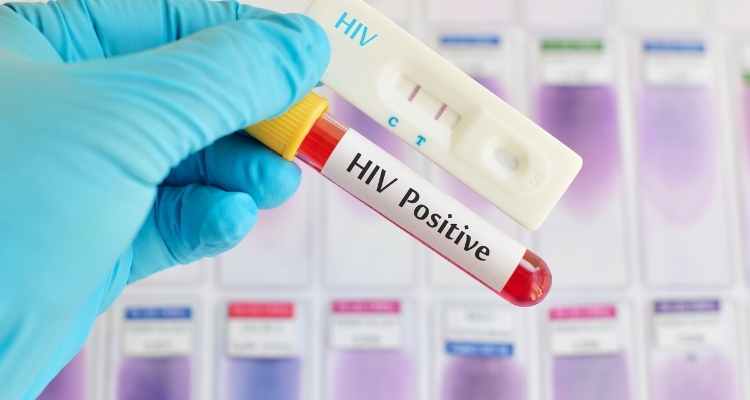It can be traumatizing when you go to the hospital and the doctor comes with the bad news that you’re HIV positive. But, all is not lost because you can still live a happy life if you accept it early and start dealing with it.
The question is, do you know how to take care of yourself if you are HIV positive? Regardless of the answer, it is best to learn how to take good care of yourself and the people around you.
Why is it important to learn to take care of yourself when HIV positive?
Learning to take care of yourself is important to your partner, family, and friends as it is important to you. HIV weakens the immune system in your body, and therefore you are susceptible to other diseases and infections.
Knowing to take care of yourself can help you:
- Avoid reinfection and infecting your partner by consistently using condoms during sex or playing safe sex.
- Avoid getting sexually transmitted diseases and other infections by always using condoms.
- Understand the importance of taking medications daily and at the right time. This will help in maintaining your immunity.
- Maintain diet. It helps you know the types of food you should take and their importance.
- Know the importance of avoiding alcohol, drug abuse and smoking.
- Increase your life span
Healthy living means eating healthy and nutritious food, exercising regularly, and other practices that can help increase your life span.
After testing positive for HIV, you must avoid some lifestyles to improve your sense of well-being. Below are some of the lifestyles you must avoid:
Smoking
Smoking is hazardous to everyone because it hurts almost every organ in the body. And, it is riskier and has severe health problems in people living with HIV than in those who don’t.
Smoking affects the lungs and heart. If you are HIV positive and smoke, you are at high risk of developing lung cancer, head and neck cancer, cervical cancer, anal cancer, etc. You’re also likely to develop heart disease, stroke, and chronic obstructive pulmonary disease.
Also, you are likely to have a poor response to treatment.
Practicing unsafe sex
This is essential. To avoid reinfection and reduce the risk of infecting others, always practice safe sex. Safe sex means using a condom at all times. This will avoid spreading HIV, but it will also prevent you and your partner from contracting sexually transmitted diseases and other infections.
Alcohol and drug abuse
Alcohol and drug abuse can affect your brain, interfering with your thinking ability. Because of the inability to think clearly, you are likely to make poor decisions that can put you into risky behaviours.
For example, you are likely to have sex without protection when high, which can be risky for you and your partner. It can also promote sharing needles when injecting drugs which is also risky.
Too much alcohol can affect your liver, brain, and immune system. A weak immune system can make you vulnerable as you can quickly get other infections that come with HIV, and it can also put you into a depression that can make your health deteriorate.
Eating some foods
Sometimes, food can be contaminated and cause foodborne illness. HIV weakens the body’s immune system. For this reason, HIV-positive people are more susceptible to foodborne illness. Foodborne illness is not only brought by food contamination but also by some foods which cause allergies.
To avoid foodborne illness, avoid the following foods:
- Raw eggs or any food containing raw eggs like homemade cookie dough
- Foods that are not pasteurized, e.g. milk, fruit juices, etc.
- Undercooked meat, poultry, etc.
Breastfeeding
For women with babies, you can be attempted to breastfeed your baby or pre-chew food for them. This is very risky because, even if you keep your viral load undetectable, it can still be possible to transmit HIV through breastfeeding.
You can try infant formula as an alternative to breastfeeding.
Avoid isolation
After diagnosis, many people are usually isolated from their families, friends, and relatives, which can worsen the situation because it can lead to depression. With isolation, you can indulge in any riskier behaviours like abuse of drugs and alcohol, which can further lead to the development of other conditions.
Starting a new medication without your doctors’ knowledge
HIV medicines have side effects that vary from one person to another. Changing medication without your healthcare provider’s knowledge may worsen the side effects. There are minor and severe side effects of these drugs. The minor side effects are nausea, fatigue, etc. the significant side effect is the increase of cholesterol in the body, leading to heart disease.
The drug-drug interactions between the HIV medicines or other medicines can either increase or decrease the effectiveness of both drugs; it can also lead to adverse effects on the body.
Having AIDS is not the end of the world, and many people have lived with it and so you can also. It will only need your discipline and avoiding habits like drinking alcohol and substance abuse, smoking, breastfeeding, unprotected sex, etc.

